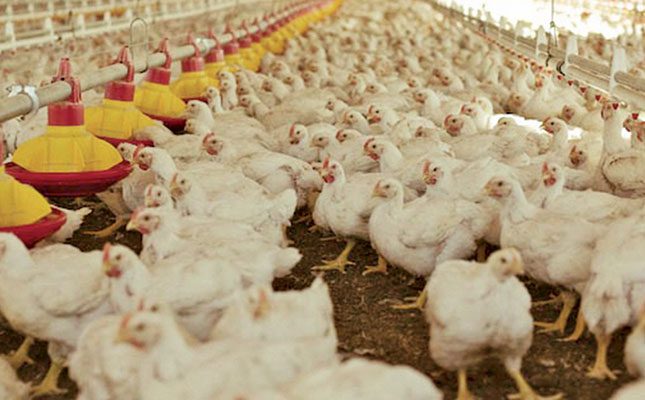
As the largest poultry producer in South Africa, Astral has been hit with R1,9 billion in load-shedding costs. This is the company’s first annual loss since listing on the JSE 22 years ago.
The company disclosed that they were incurring a loss of R3/kg on chicken sales due to the inability to offset rising expenses, including feed costs, diesel for generators, and overtime payments to address overstocked abattoirs.
In a trading update on 21 September, Astral reported a headline loss of R18 per share, a 165% fall from a profit of R27 per share in 2022. The company blames load-shedding as the key contributor to this overall decline.
The domino effect of load-shedding has left a scar on Astral’s operations. The company now bears a monthly burden of R45 million to sustain its operations as state-owned utility Eskom regularly reduces power supply to businesses and households across the nation. Astral CEO Chris Schutte said this could become an “embedded cost”.
Load-shedding had resulted in a backlog of older and heavier chickens that could not be slaughtered on time. The company was forced to pay employees for overtime shifts that resulted in expenditure of R741 million in the six months to the end of March and forecasted to be R919 million for the fiscal year.
The poultry industry is also facing the threat of a new strain of highly pathogenic avian influenza, H7N6. The virus was first detected in Mpumalanga in June and then spread to Gauteng, North West and parts of Limpopo.
Schutte said: “Chickens are dropping like flies. We are being ravaged by bird flu.”
South African farmers are obligated by law to cull infected flocks to eliminate the disease, but they are not compensated by government like in some other countries.












